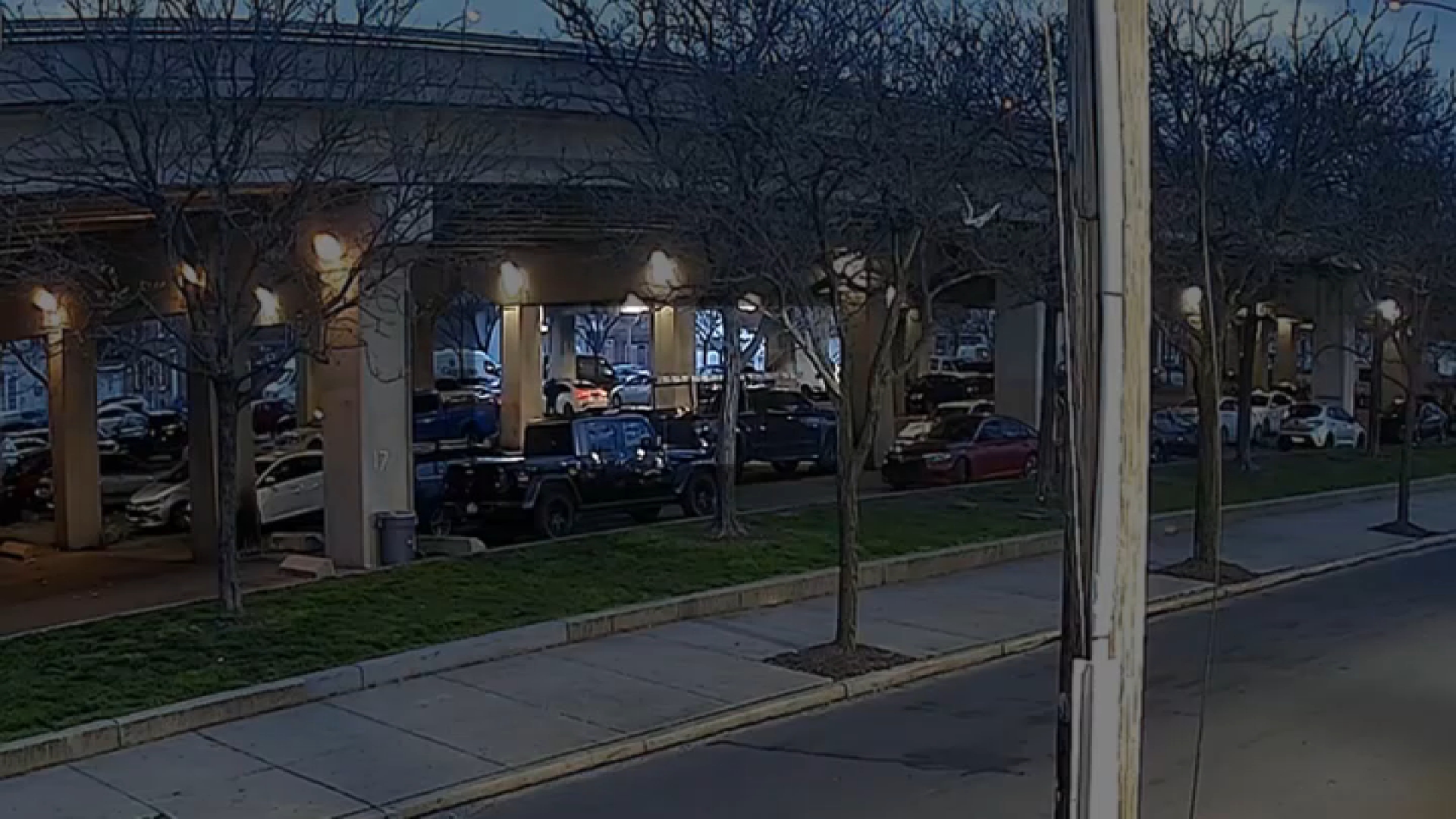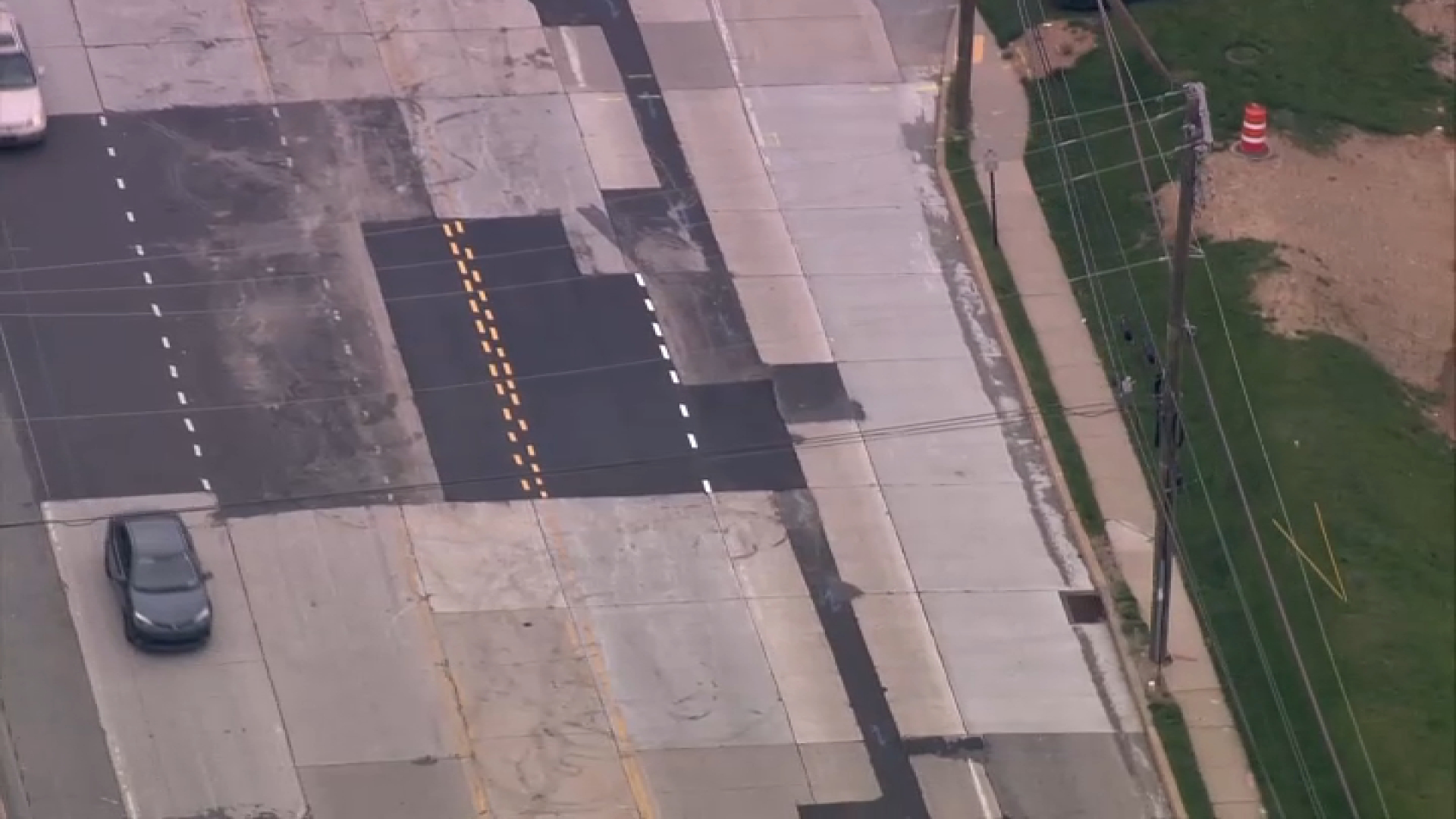The City of Philadelphia promises to repair most potholes, reported on city streets, within three business days. But when the NBC10 Investigators checked Streets Department records, we found potholes showing up as unrepaired for weeks, months, sometimes nearly a year.
And when we began asking questions, we discovered a problem in the department’s record-keeping that even higher-ups had not noticed.
'BOOM! BOOM! BOOM!'
The noisy jolt of hitting a pothole is familiar to most city drivers. But for Victoria Wendowski of Bridesburg, the noisy clamor lasted and lasted.
“I don’t care what time it was – one, two, three o’clock in the morning – you could hear it,” she said. "Boom, boom, boom!"
The City’s 2015 records show, the pothole on Wendowski block of Richmond Street took longer than any other to repair. It was first reported on January 22nd of last year, but it wasn’t marked as “closed” until January 12th of this year – 354 days later.
REPAIRED IN 3 DAYS? OFTEN NOT.
Local
Breaking news and the stories that matter to your neighborhood.
The NBC10 Investigators reviewed more than 8,000 request for pothole repairs, submitted by drivers and residents through the city’s 311 system last year.
We found the pothole on Wendowski’s block is not the exception.
It seemed the department was often missing its 3-day deadline. More than half of pothole requests weren’t “closed out” for at least five days, and well over one thousand were listed as taking more than 200 days.
SLOPPY RECORD-KEEPING
As the NBC10 Investigators dug deeper, the Streets Department’s own records looked even stranger.
We noticed a handful of dates -- like January 12, 2016 -- coming up again and again. That’s the day Wendowski’s pothole was reportedly “closed out.”
Crews also listed 298 other potholes – from the Northeast to South Philly – as “closed” that same day. Sometimes, we found as many as nine different potholes “closed” in the very same minute.
When we showed Acting Streets Commissioner Michael Carroll, even he hadn’t noticed the discrepancy in his team’s reports.
“We don’t even know if they’re accurate,” asked investigative reporter George Spencer.
“Well, they’re clearly not. We didn’t do that volume of potholes all over the city in one day,” admitted Carroll.
HOW DID IT HAPPEN?
Carroll can’t say for sure how an entire year of data was so corrupted.
Streets crews are supposed to close out 3-1-1 repair requests on the day the work is done. Carroll believes crews may’ve waited, sometimes months, and then marked hundreds of requests as “closed” at the same time.
It leave the city with no accurate record of how quickly – or how slowly – crews repaired your request.
City Councilman At-Large David Oh says the failure means leaders are unable to monitor progress or make improvements. Oh had already scheduled a hearing to press department leaders about using more efficient technology and insists the pothole repair “status quo” must end.
Acting Commissioner Carroll promised meetings with all the city’s street repair teams and fill-ins – emphasizing department rules and the responsibility to track road repairs every day, at the end of every shift. He says it’s their responsibility to the city – and to all of us driving Philly streets.



